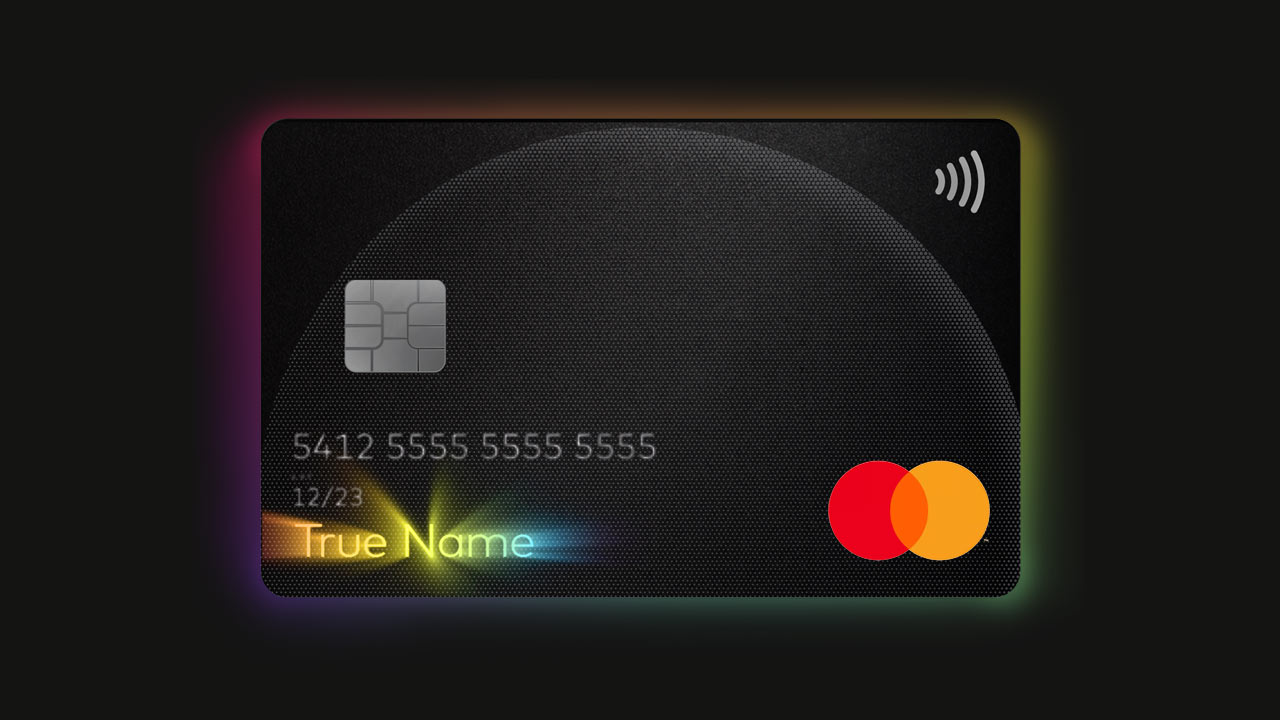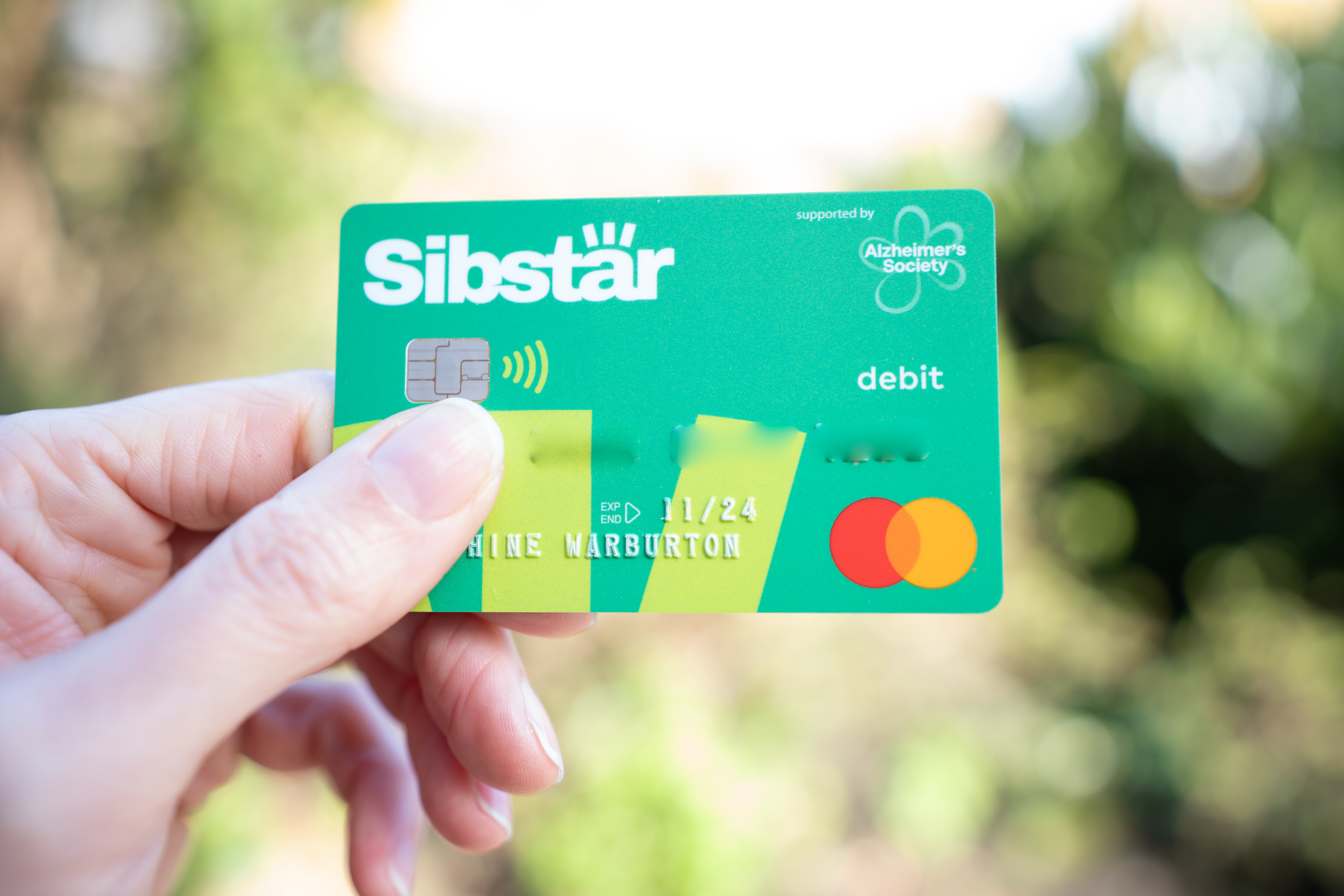💳 How Mastercard became an engine of inclusion
|
Hey friend – Rob here. My journey into the Cannes Lions Creative Effectiveness archives continues. In this piece: Mastercard. This one got Silver. And it's a good one if you're working on doing inclusion the right way. Not because you're talking about it, but because you're doing something about it. (And then talking about that!) Get your timer on, as this should only take 5 minutes. ... go! How Mastercard became an engine of inclusion😨 Problem Mastercard knew 1.4 billion people are excluded from the financial system all over the world. This leads to discrimination and barriers for marginalised communities. For example:
Tricky, tricky. 🤔 Solution No, it's not an ad campaign to "raise awareness". They got to work in changing the product, an often overlooked tactic at marketers' disposal. First up, they developed True Name. This was a credit card that allowed transgender and non-binary people to use their chosen names. You can read about it here.
Then, they created Touch Card. A credit card design with notches, so partially-sighted people could know which card they were using. Here's a good overview of the case.
Next up, they looked at how credit card management systems (don't) work for people with dementia. So they partnered with Sibstar and Alzheimer’s Society to find a way to fix this. The result was an app and card that allowed caregivers to manage spending for dementia patients. You can read about it here.
There was still the problem of helping Ukrainian refugees settle in a new country. So they created Where to Settle. It's an app that uses to help Ukrainian refugees settle in Poland, based on available data on living costs. You can read about it here.
All of these were supported by comms campaigns, but let's be real: what stands out is what the products are. A classic case of relative differentiation, assuming they will continue to build on this for years to come. Be famous and helpful to specific segments, instead of just trying to be somewhat known among the crowd. This how you win in the modern world of fragmented media. So, how did it work? 🤩 Results Campaign
Brand
Business
And this is how Mastercard spent years moving from an engine of consumption to an engine of inclusion. Well done to everyone involved! That's all for now. Don't forget to join our private group. Appreciate your attention, Rob
|
Salmon Theory, by Rob Estreitinho
Helping savvy strategists swim upstream.
Hey friend – Rob here. This is the last newsletter of the year, and goodness me what a year it's been. I was made redundant. I started a business. I lost my mother. I had my best year ever in terms of cash and confidence building. Ebbs and flows, eh? I hope you have a chance to take a break, genuinely turn off those notifications, and sleep in if you feel like it. I bring below 3x articles i wrote recently, and an event we're running in January. See you in 2025, and thanks for supporting...
Hey friend – Rob here. Here's what's been swimming around our brains lately: Synthesis-as-a-Service 5 things i’ve learned from Theophilus Wells IV The question i ask whenever i open a book [Bonus!] Social strategy, deconstructed Grab a cup of caramel tea, and let's get into it. Synthesis-as-a-Service And why it may be an underrated use case for hiring independent strategists. 5 things i’ve learned from Theophilus Wells IV Including directness, self-definition and why impostor syndrome is a...
Hey friend – Rob here. Do you worry about things? Or at all? My suspicion is that you worry far too much about everything. But don't worry, so do i. I think it's part of what makes strategists minimally good at the job. We are always wondering what else we might be missing. It's not a point of advantage, but it's definitely a point of parity. Worrying means we don't take anything for granted. And that's the first ingredient you need to challenge preconceptions about a problem. However. As you...



